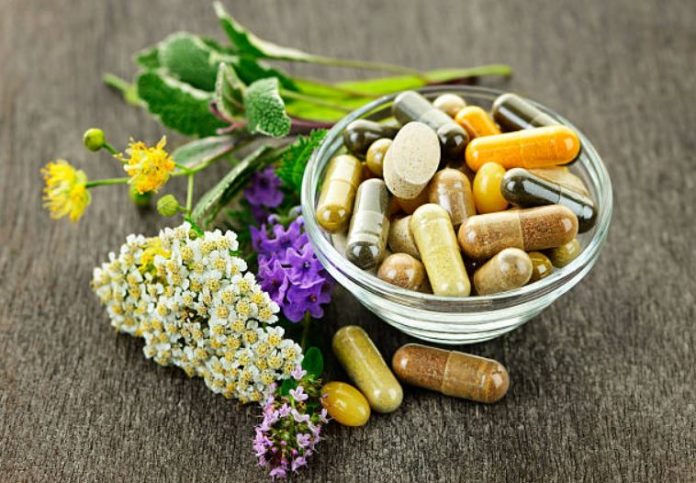What is a botanical? The study of plants is called botany, so a botanical is a plant, or part thereof, that is valued for its medicinal or therapeutic properties. Some people groups have used these botanical or herbal – supplements for thousands of years to alleviate some conditions.
However, even though they are gaining in popularity, many professional health carers in the western world still doubt their usefulness.
The Dietary Supplement Health and Education Act (1994) has ruled that before a botanical can be classified as a dietary supplement, it must
– Be intended to supplement the diet.
– Contain one or more dietary ingredient like vitamins, or their constituents.
– Be intended for use in oral form such as tablets, capsules liquid or powder.
– Be labeled on the front that it is intended as a dietary supplement.
Many herbal remedies meet these criteria. They are also packaged and sold as teas and infusions, tinctures and extracts, and are becoming increasingly popular in western countries, being used to relieve mild conditions instead of what is seen as the harsher chemical alternative.
For instance, ginger in various forms is used to combat travel and morning sickness, because it does not make the consumer drowsy and dry in the mouth as do some other over-the counter, or even prescription, drugs.
It can be taken as a tea, a tablet or in the form of a lolly (sweet). There are many herbal products on the market, and some claim to help mental ability, while others are said to increase strength or energy, help you sleep, or cope with stress. Most of them are quite expensive, so make sure you really do need that product before you buy it.
If you have a disease or are on medication of any kind and wish to try an herbal remedy, it would be wise to consult a knowledgeable health professional before doing so. Some herbal remedies have been shown to react adversely to chemical substances.
Many people accept herbal medications as safe because they are natural, but this is not necessarily so.
Many plants are poisonous, or may have serious side effects or give allergic reactions when taken by susceptible individuals. One such case is bee pollen.
Just as you can be allergic to bee stings without knowing it (if you’ve never been stung) so an allergy to bee pollen may also be present. While many herbal concoctions can be useful, you should always approach new herbal products with caution. It is better to be safe than sorry.

